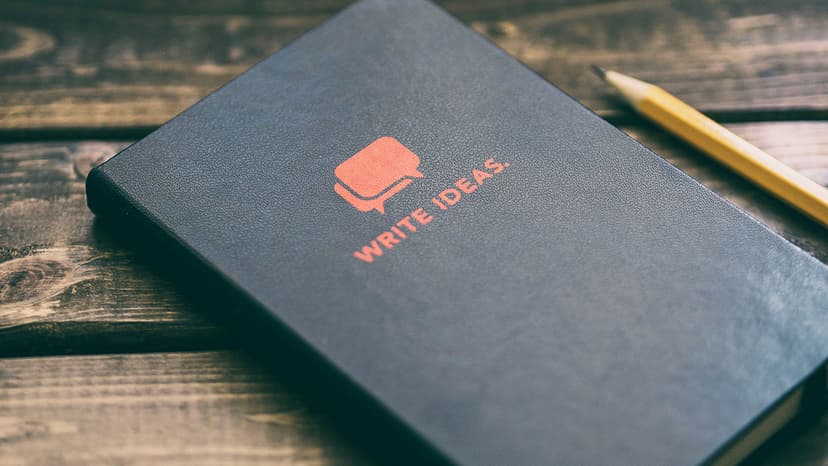Embracing Inclusivity in Our Words
In the tapestry of humanity, every thread—representing culture, identity, experience, or belief—adds to our shared narrative. As we weave these threads, our societies become richer and stronger. Language is a powerful tool for connecting these threads. Inclusive language creates a society where everyone feels respected and valued.
Inclusive language involves choosing words and phrases that do not discriminate or exclude others. It acknowledges diversity and promotes equality by being mindful of our words' potential impact. This practice fosters awareness and empathy for the different experiences of those around us.
An Umbrella for All
What does inclusive language encompass? It includes:
- Acknowledging preferred pronouns to respect gender identities.
- Using terms like "partner" instead of "boyfriend" or "girlfriend" to embrace all types of relationships.
- Saying "people with disabilities" rather than "disabled people" to put the person first.
- Avoiding assumptions about shared holidays or family structures.
Using words that celebrate diversity creates an environment where everyone feels seen and heard. This approach removes barriers and promotes participation.
Examples Pave the Way
Many organizations lead in adopting inclusive language. Microsoft has an inclusive language guide that helps employees navigate respectful communication. It provides clear examples and encourages reflection on language use.
Academic institutions are also making strides. Harvard University offers Guidelines for Inclusive Language that provide strategies for promoting inclusivity through language. These organizations recognize the power of words in shaping society.
Breaking Language Boundaries
How can we break linguistic boundaries? We must be aware that some phrases may carry stereotypes or biases. For example, idioms like "turn a blind eye" can be offensive to individuals with disabilities. By choosing neutral alternatives, we avoid reinforcing negative associations.
Inclusive language also addresses cultural diversity. It celebrates our differences while avoiding appropriation or marginalization. When discussing diverse cultures, accuracy and respect are vital.
A Journey, Not a Destination
Why is inclusive language a journey? Language evolves along with our perceptions of inclusivity. What is considered inclusive today may change as we learn from new perspectives. Committing to inclusivity means being open to refining our language and actions.
Inclusion does not require agreement on every issue. It involves recognizing everyone's right to express themselves. The goal is to foster respectful dialogue.
We All Can Play a Part
Everyone can contribute to the cultivation of inclusive language. We can be listeners, learners, and advocates. In homes, workplaces, schools, and social contexts, we can use language that empowers rather than sidelines others. We can extend our knowledge, ask questions, and correct others gently when needed.
While keeping up with the evolving landscape of inclusive language can be challenging, the effort is worthwhile. Using language that acknowledges human diversity strengthens our communities. Each person can make a difference, starting with the words we choose in our shared story.
Inclusive language embodies values like equality and respect. By adopting this approach, we extend our hands and hearts to say, "You belong, just as you are."












